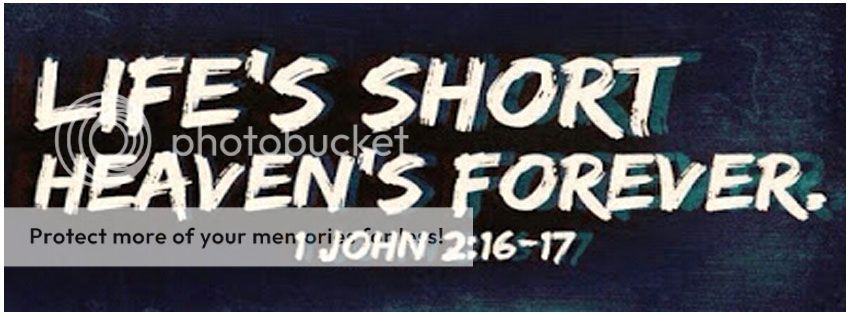THE FEAST OF THE EPIPHANY, THREE KINGS!
There was an old grandmother who used to read the scriptures daily. She came to know through scripture reading that the long-awaited Saviour will be born in Bethlehem. So she gathered together all of her possessions and moved to David’s city. There, she lived in a simple house and prayed each day that God would let her know when the Saviour would be born. She intended to offer her possessions as a gift to the newborn king. One night after supper, she turned out the light and went to bed. But before she fell asleep, there was a knock at her door. “Who could it be at this hour?” she thought. She lit the lamp and opened the door.
There, she saw three strangers with camels standing before her. “The Saviour is born,” they announced, and we have come from the east to worship him. We were told in a dream to stop here and to bring you along with us. We have gifts to offer and we know that you do also.” The old grandmother rejoiced receiving this news that the Saviour is born." It was night and cold was very severe, so she decided to see the newly born saviour with her gifts the next day morning She ascertained from the strangers the exact directions and location to the stable and wrote them carefully down. Then she sent them on their way. The next morning, she arose early in the morning and gathered together all of her gifts: food, clothing, and money. She followed the directions and location directly to the stable. When she entered, it was empty. The holy family had already departed. The old grandmother stomped her foot, “I have missed them,” she said, “I should have come last night itself with strangers!”
But she was a determined woman. “I will keep looking for them,” she decided, “they couldn't have gone too far.” And so old grandmother began to look fo them. She asked everyone she met. Did they know of a poor child, perhaps to be found in a manager, perhaps even living on the street. She wanted them to tell her all that they knew. And they did. Some people knew of a poor family who lived on the outskirts of the city. Other people knew of a young child who was sick. Others heard of strangers who were in town with no place to stay. Old grandmother visited them all. But she could never be certain whether this child and this family were the same family that the strangers had told her about.
So she continued to look for that child and family, week after week, month after month. She found many children and poor children everywhere. She found many a cradle, many a manger, and many a mother nursing her child. In each place, she left a part of the gift that she was going to give to the Christ child: Here some food, to this family some money, to this child some clothes. In time, all that she had was gone. She returned to her own home empty-handed.
That night, Jesus appeared to her in a dream. “There you are!” she exclaimed, “I have looked everywhere for you and have not been able to find you. I had gifts to give you but now they are gone.” “I know,” said Jesus, and I have received all your gifts. For whatever you gave to the least of my brothers or sisters you gave it to me.” Old grandmother smiled. She was satisfied. She had not seen the Christ child in the manger, but she had lived her gospel.
A few of us here today have ever been to Bethlehem. Those who visited that holy place found that the manager was empty. But being a disciple of Jesus does not mean seeing him in the stable but it is living his gospel. Whenever we feed the poor, whenever we visit the sick or imprisoned, whenever we welcome the stranger, we are ministering to Christ himself. When we are patient with a relative who irritates us, when we are kind to the kid at school that everyone else mocks, when we listen to the person who is grieving or are generous with those who struggle, we are not only serving them. We are serving Jesus.
We cannot go with the Magi to Bethlehem, but we can offer Christ our gifts. Not the gifts of gold, Frankincense, and Myrrh but gifts of respect, compassion, and love and this is called Epiphany or manifestation, a desire to see Jesus. This desire star will guide you to the manger of a sick, the needy, the hungry, the naked and a downtrodden people and there you offer your gifts of compassion, service and financial assistance like a good Samaritan. This is the real Epiphany







